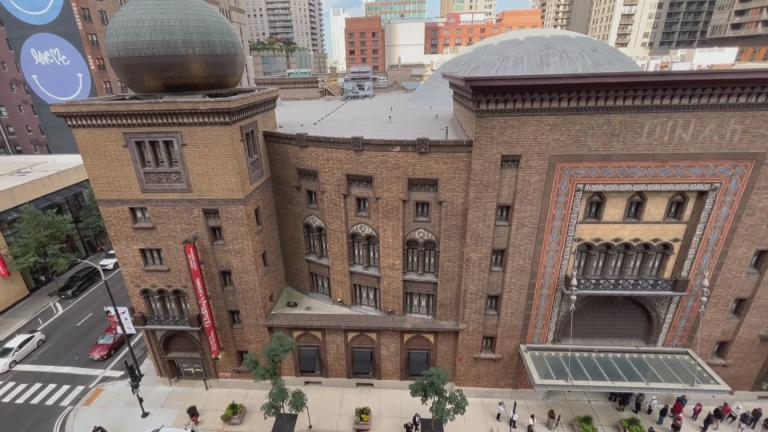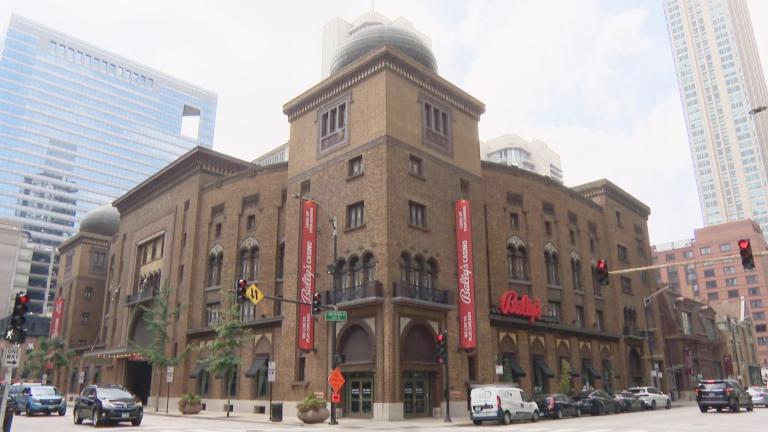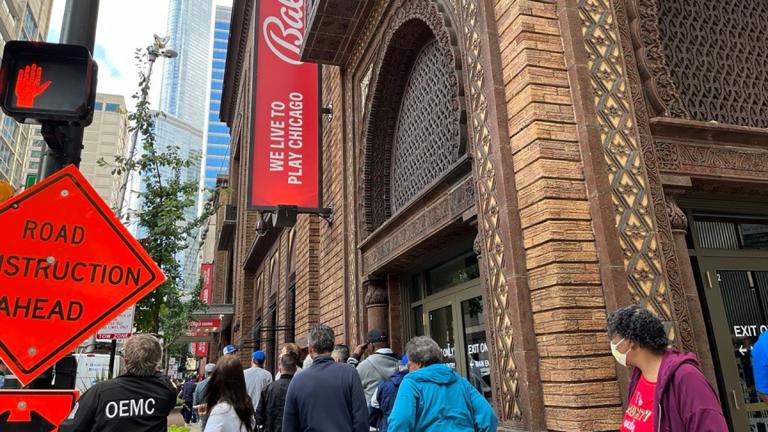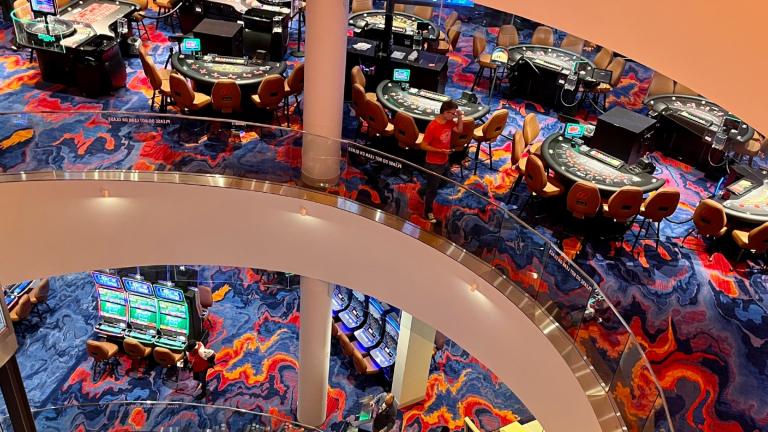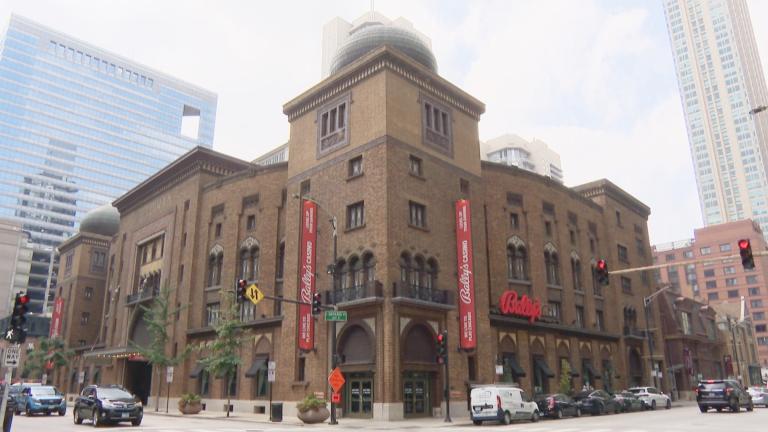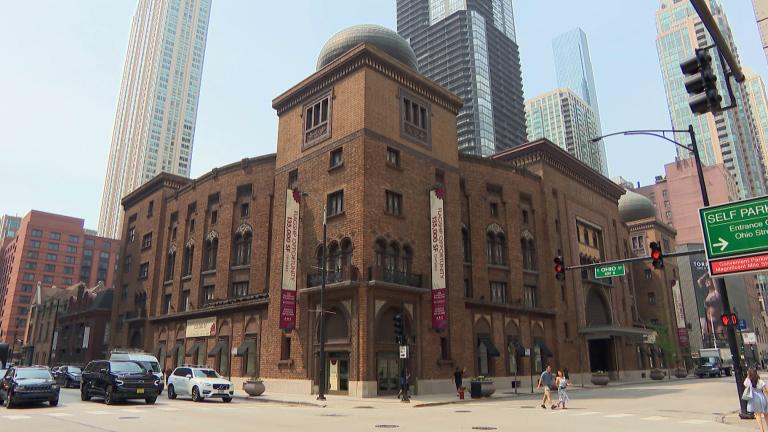The odds of a Chicago casino actually getting built rely on whether or not major gaming operators want to take a bet on coming to the city.
This should have been the week when the long-awaited Chicago casino project finally got up and running.
Monday was the initial deadline to submit proposals to develop the much-vaunted project — but after few bidders appeared interested — the city pushed back the deadline to the end of October.
“Extending the deadline for interested bidders will allow the city to collect as many robust, impactful and transformative proposals as possible,” said Mayor Lori Lightfoot in a statement announcing the deadline extension earlier this month.
But so far bidding interest has been muted.
The city envisions licensing a world-class casino resort with up to 500 rooms, along with bars, restaurants, meeting and entertainment venues. It hopes a casino would generate as much as $200 million in revenue annually that it has already earmarked for Chicago’s underfunded police and fire pension funds.
But with a gaming tax rate for a Chicago casino currently set at 40% the city is finding that major Las Vegas gaming operators – including MGM Resorts International, Wynn Resorts Ltd, Caesars Entertainment Inc., and Las Vegas Sands Corp. – are choosing to take a pass on bidding on the project.
“I think a casino in Chicago proper would be a fabulous idea,” says Brendan Bussmann, partner and director of government affairs for Las Vegas-based consultancy Global Market Advisors. “But it’s about getting everything lined up to make that happen. And the challenge with this is not all the sun and the moon, the stars align on this because you have a high tax rate.”
Bussmann says he believes the gaming tax rate needs to come down substantially.
“I’d halve it. I’d put it at 20%,” says Bussmann.
But he acknowledges that would require a legislative fix in Springfield “which isn’t necessarily easy because getting this initially passed in 2019 took an extension of the session to make sure they could get the gaming package passed.”
Richard Velotta, assistant business editor at the Las Vegas Review-Journal, agrees that the high gaming tax rate is the biggest obstacle to a Chicago casino deal getting done.
“Understand that in Nevada our top tax rate is 6.75%. So right off the top you’re seeing this big difference between tax rates,” said Velotta. “In the rest of the country, they range from between 10% to 25% — and 40% is a little bit steep.”
He also notes that the future competitive environment for the gaming industry in the Chicago area is unclear.
“These companies want to try to have as big a market share as they possibly can, but when they see that there are proposals going on within Illinois — close by within 30 to 40 minutes of the Chicago proposal — and then you have Indiana… right off the bat there’s a number of different competitors that are in the market,” said Velotta.“While they probably wouldn’t stack up against a big
resort that Chicago is planning, it’s still competition in terms of people who just want to go out and have an evening and play slots or play table games, that type of thing.”
Both Bussmann and Velotta said they think the deadline extension will do little to attract more bidders.
“I don’t think that expanding the timeline is going to make any big difference. And I know how difficult it is to change some of the parameters of the bid process seeing that the Illinois legislature is involved in this, and I don’t know that they would even have the appetite to reduce the tax rate,” said Velotta. “But I don’t think extending the timeline is going to make much of a difference to some of these casino companies.”
While Bussmann commended the city for running a “solid” and “upfront” process, he says it remains to be seen if they will get an attractive enough bid.
“If there’s a proposal in there they think can make a difference and meet what they have for their goals and vision I think they proceed forward,” said Bussman. “If not, maybe they say, ‘we’re going to take another stab at this.’”

